Keywords: First Nations Voice To Parliament
-
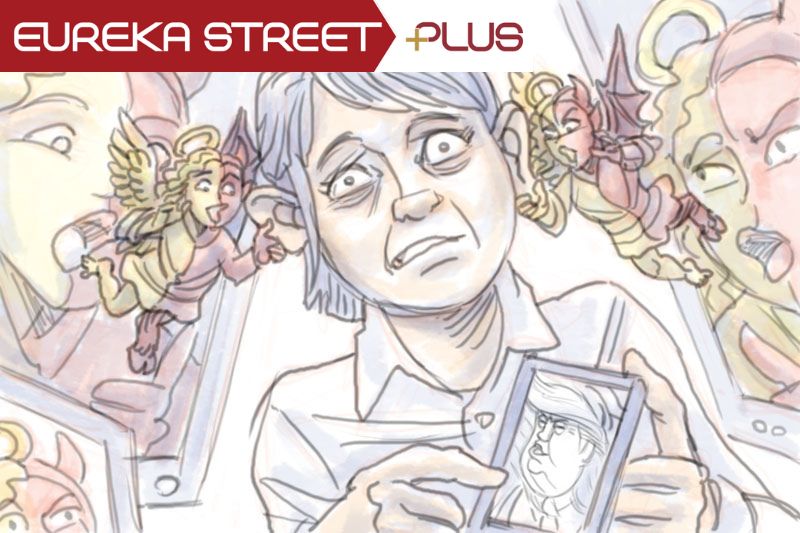
AUSTRALIA
- Bill Calcutt
- 10 November 2023
1 Comment
As demonstrated in debates around the Voice, increasingly divergent perceptions of reality affect our dedication to our societal obligations and the upkeep of our shared core values. If left unchecked, this drift away from a shared understanding of the common good will further undermine trust and mutual respect that bind us, challenging the very foundations of a humane, civilised and inclusive society.
READ MORE 
-
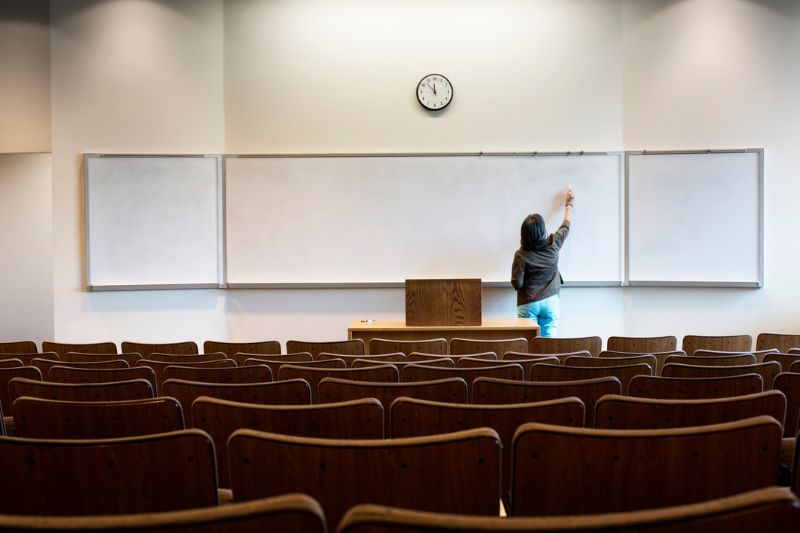
EDUCATION
- Helena Kadmos
- 26 October 2023
2 Comments
In the wake of the referendum, how can a curriculum be used to foster a sense of reflection, understanding, and dialogue among young minds? As classrooms become the backdrop for conversations around Indigenous voices, democracy, and social change, what does it mean to truly listen?
READ MORE
-
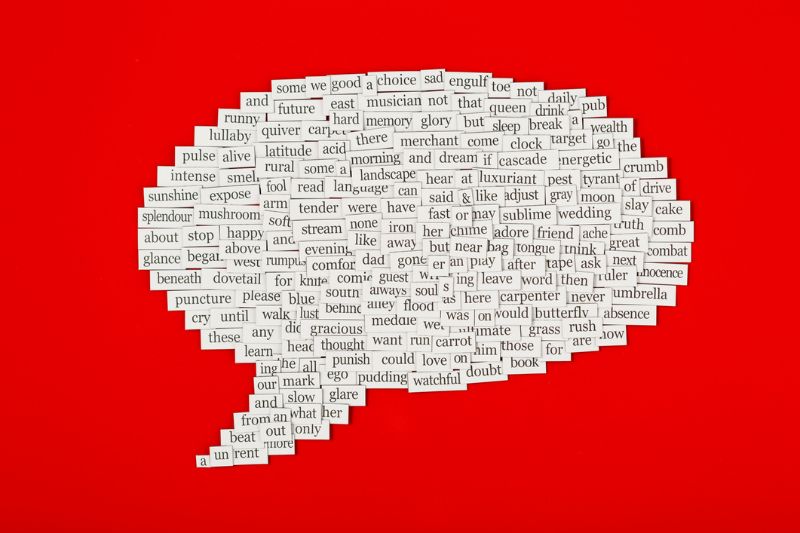
AUSTRALIA
- Gillian Bouras
- 25 October 2023
11 Comments
In a world where every politician has something to say, only a select few wield their words well. As we grapple with the failure of the recent Voice referendum, it's worth drawing from these leaders and questioning what truly guides political decisions - morality or self-interest?
READ MORE
-
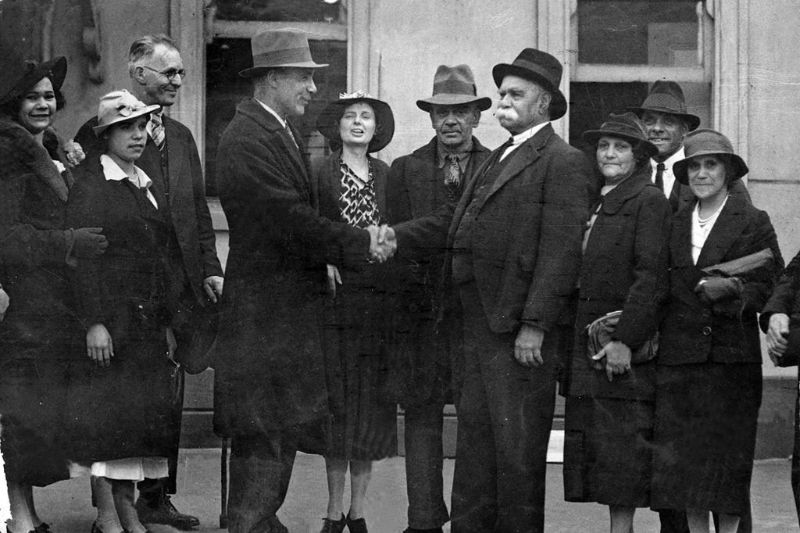
AUSTRALIA
- David Halliday
- 13 October 2023
This vote will be remembered as an opportunity for Australians to grapple with the injustices of history, and imagine a more just way forward. My hope is that each person voting will have done just that – and whether they vote ‘yes’ or ‘no’, that they are making their vote bearing in mind what they think will best reconcile our nation’s past and look forward to a more just future.
READ MORE
-
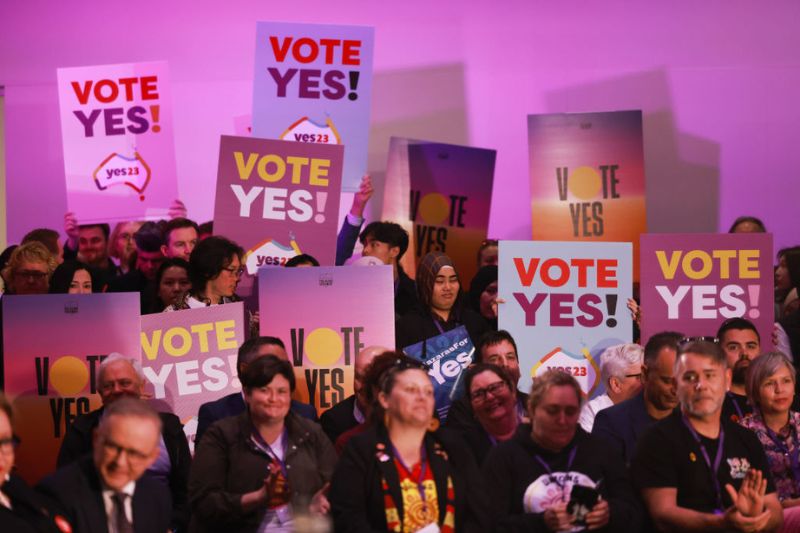
AUSTRALIA
- Frank Brennan
- 01 September 2023
14 Comments
As Australia approaches a pivotal referendum, voters face a critical choice: endorse a new chapter in the Constitution providing a 'First Nations Voice' or leave it untouched. Whichever way the vote goes, we will be left with a Constitution not fit for purpose in the 21st century.
READ MORE
-
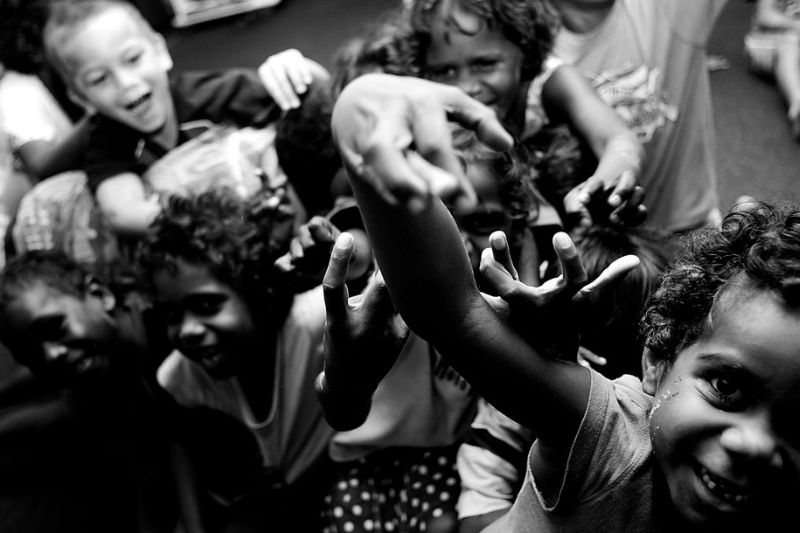
AUSTRALIA
- Brian McCoy
- 30 August 2023
16 Comments
The Kimberley region stands as a testament to both the enduring spirit of Australia's Aboriginal communities and the shadows of colonisation. As the Referendum looms, the potential for a united Voice beckons, inviting Australia towards a harmonious future.
READ MORE
-
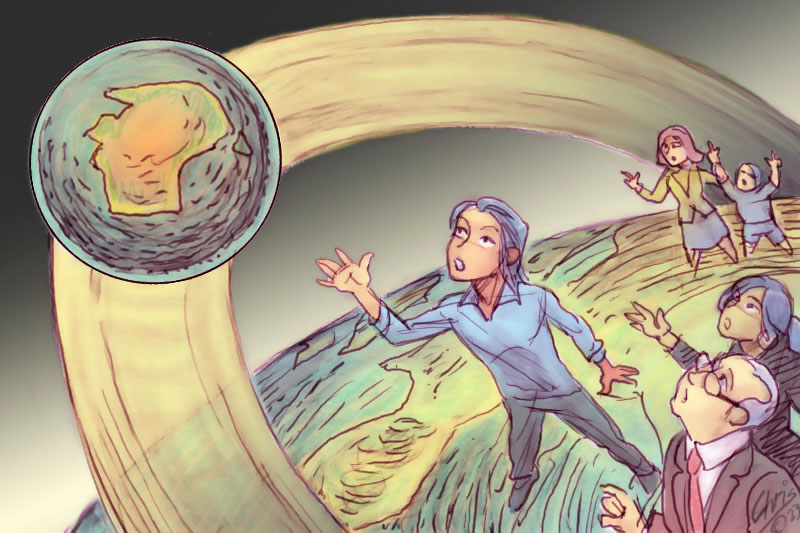
AUSTRALIA
- Daniel Gregory
- 10 August 2023
6 Comments
The upcoming Voice referendum in Australia will be a defining moment for the nation. However, Australians living overseas indefinitely are unable to participate, raising questions about the true boundaries of democratic participation.
READ MORE
-

ARTS AND CULTURE
- Michele Frankeni
- 04 August 2023
1 Comment
In an era where trivia knowledge reigns, what's the value of true expertise? Distinguishing between general knowledge and specialisation, what is the importance of experts in a world where answers are at our fingertips, and what does it mean to truly 'know' something?
READ MORE 
-
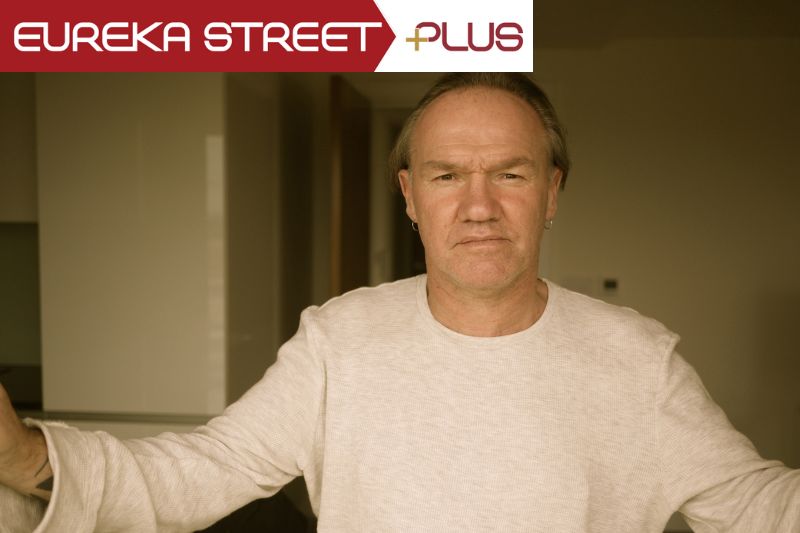
ARTS AND CULTURE
- Paul Mitchell
- 23 June 2023
1 Comment
Renowned author and academic Tony Birch is known for his insightful and compelling narrative explorations into societal issues like marginalisation, Aboriginal identity and racial struggles. In conversation with Paul Mitchell, Birch discusses his work, the unique intersection of academia and creative writing, and the profound impact of historical dispossession.
READ MORE 
-
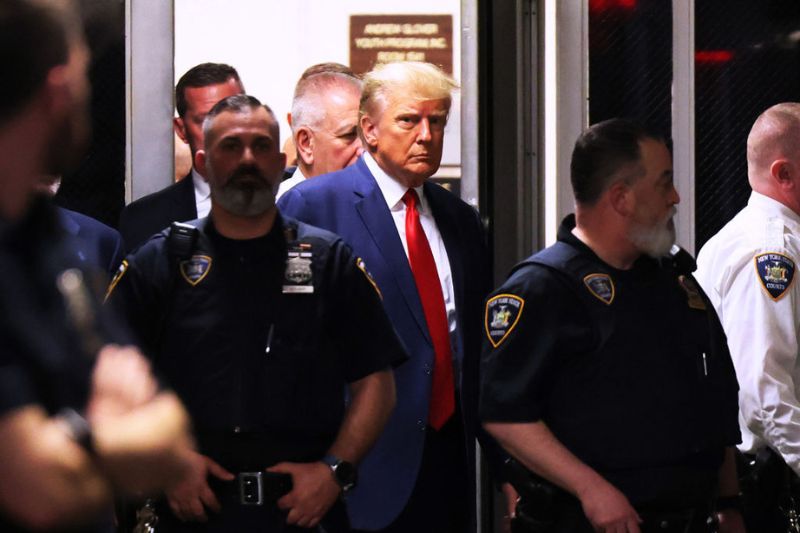
INTERNATIONAL
- Max Jeganathan
- 22 June 2023
2 Comments
Encompassing the indictment of Donald Trump, the Russia-Ukraine conflict and Australia's Indigenous Voice referendum, the quest for justice has evolved into an abstract and bitter fight, obscuring our common humanity, and requiring us to find a restorative, forgiving route.
READ MORE
-
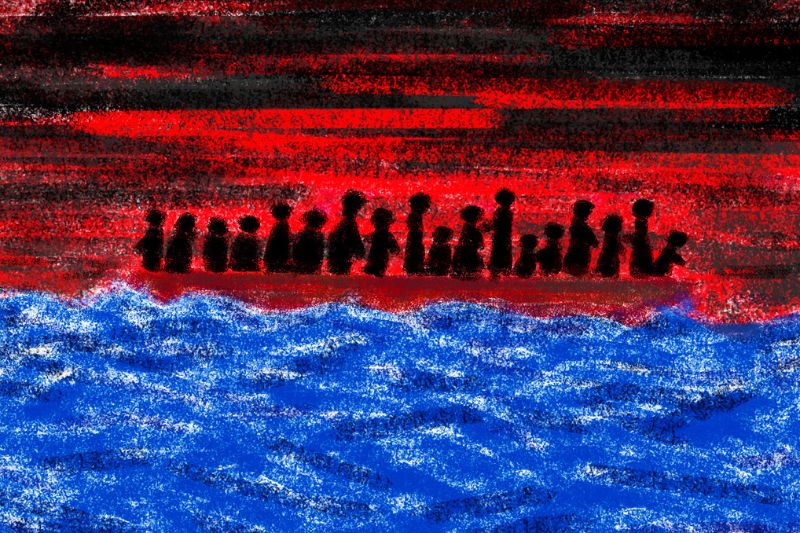
AUSTRALIA
- Andrew Hamilton
- 20 June 2023
5 Comments
Observing World Refugee Week and the Referendum on the Voice to Parliament together is appropriate because the First Peoples and later refugees have suffered in similar ways. Jordana Silverstein's latest book draws striking parallels between Australia's colonial past and the modern treatment of refugee children.
READ MORE
-
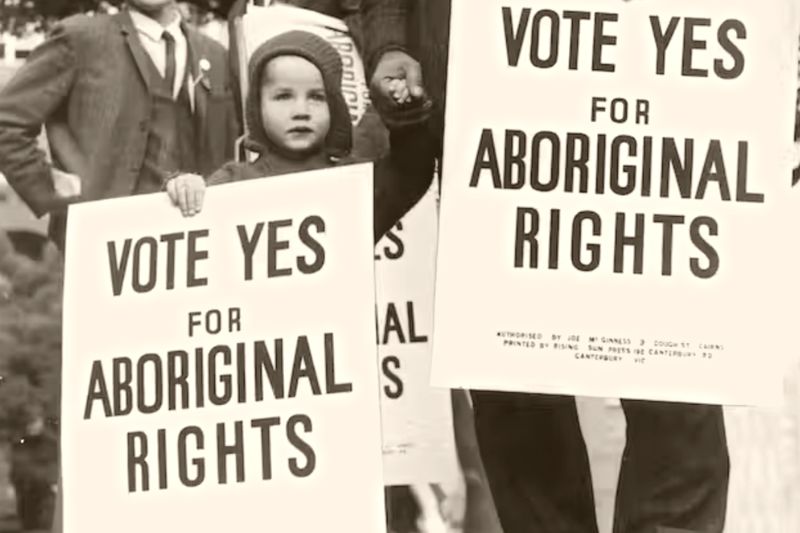
AUSTRALIA
- Frank Brennan
- 05 June 2023
19 Comments
The wording of the proposed change to the Australian Constitution to enshrine a First Nations Voice might not be perfect. But whatever the imperfections and the risk of future complications, it is high time that Australia’s First Peoples were recognised in the Constitution in a manner sought and approved by a broad cross-section of Indigenous leaders.
READ MORE